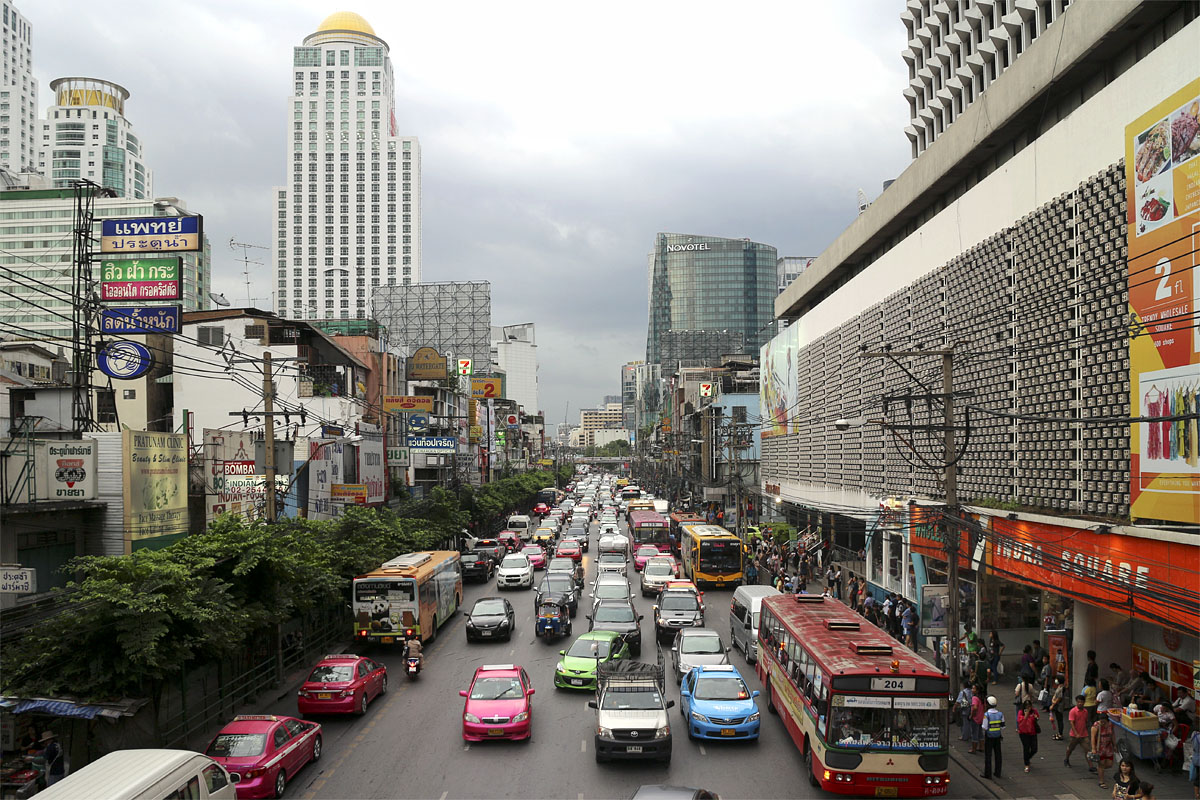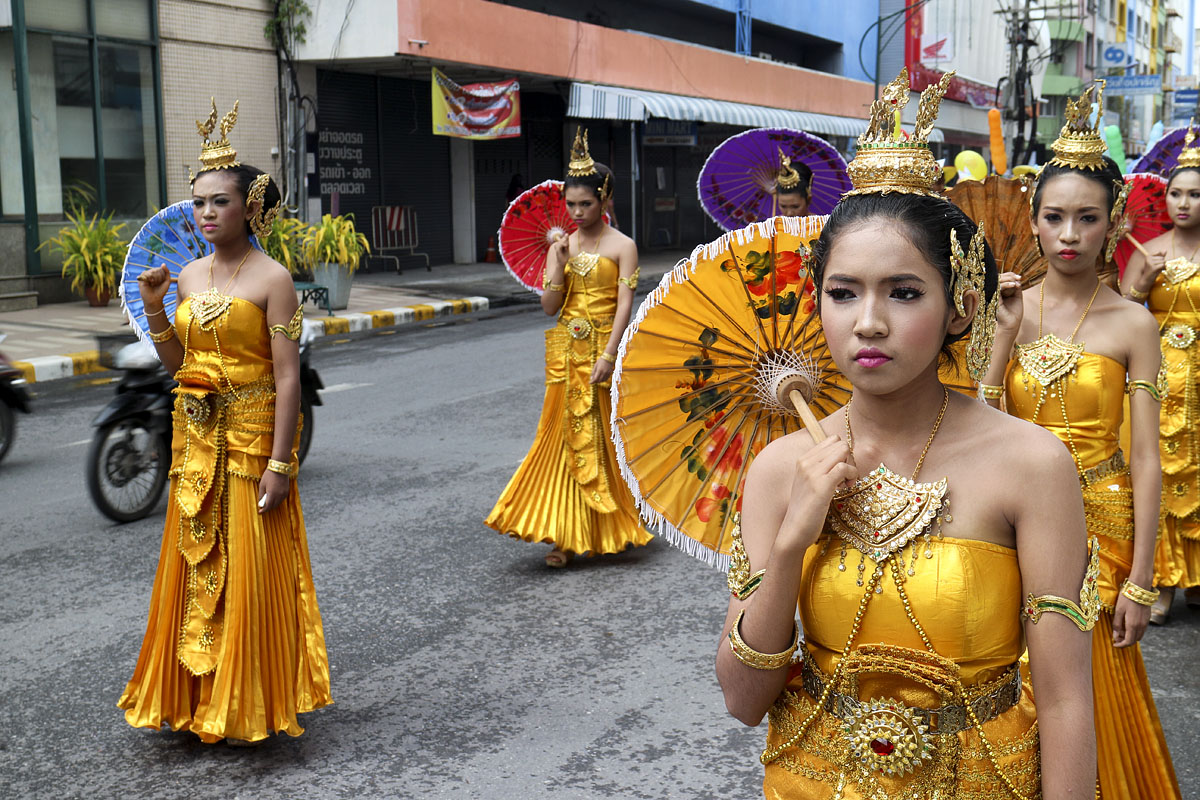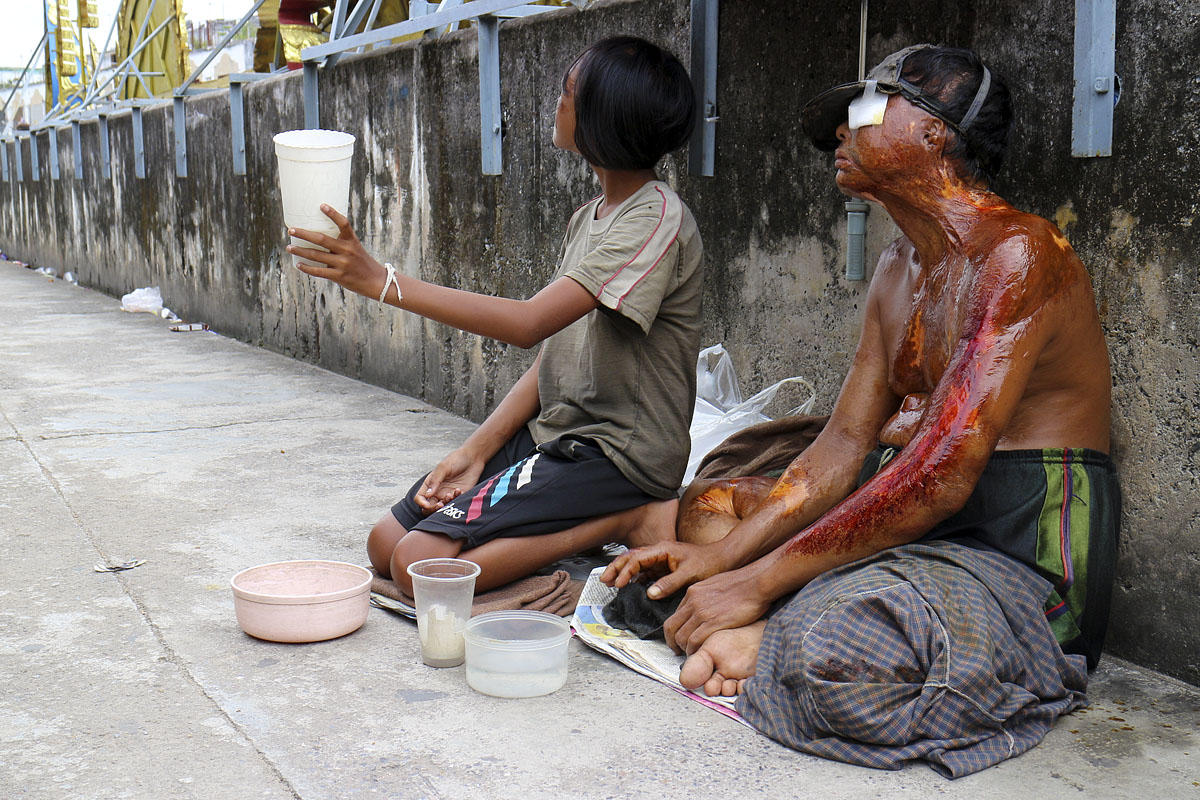Canon EF-M 18-55mm f/3.5-5.6 IS STM Mirrorless Lens Review
Video Review
You can watch my video review of this lens on YouTube at the following link:
Canon EF-M 18-55mm Lens Review With Sample Images
Product Images


- Canon EF-M 15-45mm f/3.5-6.3 IS STM
- Canon EF-M 18-150mm f/3.5-f/6.3 IS STM
- Canon EF-M 28mm f/3.5 IS Macro STM
- Canon EF-M 55-200mm f/4.5-f/6.3 IS STM
Sample Images
A few photos taken with the Canon EF-M 18-55mm f/3.5-5.6 IS STM lens.

Canon EF-M 18-55mm f/3.5-f/5.6 | Canon EOS M | Focal length: 55mm | ISO: 400 | Aperture: f/14 | Shutter Speed: 1/500s

Canon EF-M 18-55mm f/3.5-f/5.6 | Canon EOS M | Focal length: 18mm | ISO: 100 | Aperture: f/4.5 | Shutter Speed: 1/50s

Canon EF-M 18-55mm f/3.5-f/5.6 | Canon EOS M | Focal length: 55mm | ISO: 100 | Aperture: f/10 | Shutter Speed: 1/250s

Canon EF-M 18-55mm f/3.5-f/5.6 | Canon EOS M | Focal length: 41mm | ISO: 100 | Aperture: f/6.3 | Shutter Speed: 1/100s

Canon EF-M 18-55mm f/3.5-f/5.6 | Canon EOS M | Focal length: 18mm | ISO: 400 | Aperture: f/13 | Shutter Speed: 1/400s

Canon EF-M 18-55mm f/3.5-f/5.6 | Canon EOS M | Focal length: 29mm | ISO: 100 | Aperture: f/8 | Shutter Speed: 1/125s

Canon EF-M 18-55mm f/3.5-f/5.6 | Canon EOS M | Focal length: 55mm | ISO: 100 | Aperture: f/4.5 | Shutter Speed: 1/50s

Canon EF-M 18-55mm f/3.5-f/5.6 | Canon EOS M | Focal length: 55mm | ISO: 500 | Aperture: f/5.6 | Shutter Speed: 1/80s

Canon EF-M 18-55mm f/3.5-f/5.6 | Canon EOS M | Focal length: 55mm | ISO: 100 | Aperture: f/7.1 | Shutter Speed: 1/125s

Canon EF-M 18-55mm f/3.5-f/5.6 | Canon EOS M | Focal length: 22mm | ISO: 100 | Aperture: f/10 | Shutter Speed: 1/200s

Canon EF-M 18-55mm f/3.5-f/5.6 | Canon EOS M | Focal length: 38mm | ISO: 100 | Aperture: f/5.6 | Shutter Speed: 1/60s
User Impressions
When the EOS M mirrorless system was released it had a completely new lens mount, therefore, no one owned any lenses. The camera was therefore sold in kit form with a lens (or lenses) so that it could be used.
My expectation with zoom kit lenses is that they cover a useful focal length range and that they do a sufficient job, but that the image quality isn't stellar. This one exceeded my expectations.
I like the flexibility of zoom lenses, I like Image Stabilisation, and with recent sensor technology that allows the use of high ISO speed, fast lenses aren't as important as they used to be.
This is a great little lens that is easy to carry around and delivers very good image quality. Unfortunately, Canon discontinued the EF 18-55mm after a few years and replaced it with the EF-M 15-45mm, which isn't nearly as good.
Chromatic Aberration
I have taken thousands of photos with this lens and when I was selecting images for submission to stock agencies I was looking very closely at almost a pixel-peeping level. I am not a pixel peeper, but agencies such as Adobe Stock have quite high quality levels and will reject any images that don't meet their requirements.
On one image I found quite a lot of purple fringing around my daughter's hair and it was so prominent that I couldn't remove it successfully in post-processing. However, out of thousands of images this was the only one with this particular problem.
It wasn't a great photo and the focus wasn't good. It was also a very bright, sunny day with reflected light coming off the sea as well as directly from the sun. I was not using a lens hood, which may have helped. Extremely rarely, in certain situations, some purple fringing may be a problem, but generally it isn't.
This is a 100% out-of-camera crop of the image in question with absolutely no post processing applied taken with an EOS M6. Exposure information: ISO 100, shutter speed 1/500, aperture f/7.1.

Canon EF-M 18-55mm f/3.5-f/5.6 | Canon EOS M6 | Focal length: 55mm | ISO: 100 | Aperture: f/7.1 | Shutter Speed: 1/500s
Image Quality
I am a firm believer in the old adage, "A picture is worth a thousand words." This is why I post sample images to demonstrate image quality rather than to try to describe image quality in words, which is impossible.
I therefore hope that the sample images above will give you an idea of the image quality capabilities of this lens.
While selecting images for submission to stock photo agencies I chose what I believed to my best quality images. I then looked at some statistics. I used a total of 13 lenses for the photos that I submitted and this lens was used for 34.57% of all those images. That percentage was significantly more than any other lens, including my EF 'L' lenses.
It's just a 'kit lens' and doesn't get any rave reviews, but it really is an excellent little lens. Canon discontinued this lens as its standard EOS M kit lens and replaced it with the EF-M 15-45mm, but I found the replacement very disappointing compared to the EF-M 18-55mm.
Not only does the EF-M 15-45mm have poorer image quality, the build construction isn't as good and it has a plastic lens mount. The EF-M 18-55mm has better image quality, a metal lens mount and a more solid build construction.
Focusing
The lens uses new stepper motor (STM) technology for its autofocus mechanism. This is all part of Canon's drive to implement silent continuous autofocus tracking in movie mode. To do this requires an appropriate body with a hybrid CMOS sensor and contrast detection AF technology, and a lens with an STM designation.
Autofocus is maybe not as fast as some other lenses, but in most situations it works well without any problems. For videographers the continuous autofocus in movie mode is a very welcome feature.
It also appears to work perfectly well when the camera is in AI Servo mode tracking an object coming towards the camera. I tested this on passing motorbikes and the results were quite satisfactory.
There is no direct physical connection between the manual focusing ring and the internal focusing mechanism as there is on other lenses. If you turn the ring with the camera off nothing happens. Turning the ring sends a signal to the stepper motor which then focuses the lens electronically.
Manual Focusing
Unlike my Canon EF and EF-S lenses, manual focusing isn't as easy with the EOS M system as simply turning the lens focus ring, or manually switching the lens into MF mode first and then turning the lens focus ring.
There is no AF/MF switch on the EF-M lenses and, because of the stepper motor technology and a lack of any physical connection between the focus ring and the focusing mechanism, nothing happens most of the time when you turn the focus ring.
To enable manual fousing, first you must go into the menu system and find 'Focus mode' (the camera icon with two dots). This mode has three options:
- AF (Auto Focus). When in this mode the focus ring is completely inoperational.
- MF (Manual Focus). In this mode the Auto Focus is completely inoperational and turning the focus ring controls the focusing mechanism whenever the camera is switched on.
- AF+MF. This allows the Autofocus to operate and also allows the user to focus manually after the autofocus has activated. However, you can only focus manually while pressing the shutter release halfway down after the Autofocus has activated.
When the camera is put into MF mode a small magnifying glass icon appears on the rear LCD in the bottom right-hand corner. Tapping on the icon cycles through 1x, 5x and 10x magnification with an accordingly larger image shown on the display. This is very similar to the Liveview feature on Canon SLRs.
In cases where the Autofocus mechanism won't do what you want it to do, such as with close macro work, this is very useful. Saying this, I have never used MF on my EOS M, which stays permanently in AF mode. The only time I use manual focusing is for macro work and the EOS M body isn't my first choice for macro.
Zooming
The inner barrel of this lens extends out as you zoom to a longer focal length. It doesn't rotate while doing this, therefore any filters you may have on the front of the lens won't change their orientation.
Image Stabilisation
Canon's Image Stabilisation system has got better with every generation. The 300mm f/4L IS lens that I sold had first generation one-stop IS and although it was helpful, it wasn't that effective.
This lens has the latest four-stop IS system that has been around for a few years. It has somehow been packaged into this very small lens and works very well.
I have used shutter speeds of 1/10s while handholding and the results have been very acceptable.
Focal Length
This lens is roughly the equivalent of a 28-90mm lens on a 35mm (full frame) camera. It's a useful zoom range for a general walkabout camera and can be used in most situations.
Sometimes I find the long end useful but, to be honest, in situations where I just take one lens I prefer the EF-M 11-22mm.
Extenders and Extension Tubes
Currently, there are no Canon extenders or extension tubes available for Canon EF-M lenses. I don't know if Canon has any plans to make these items available in the future. I have seen third-party EF-M extension tubes advertised on-line, but no teleconverters. Extension tubes don't contain any optics so provided the physical connection is good and they transmit the electronic signals correctly they should be fine.
Accessories
This lens comes with the new style Canon lens caps that can be released by pinching the centre of the cap. A lens hood and soft pouch are available but not included.
Street Photography
I imagined that while carrying the EOS M around for general use I would keep the EF-M 22mm f/2 attached because this was the smallest, lightest, most portable configuration. That hasn't happened.
If you just take photos of your kids or portraits of other people, a 35mm equivalent length lens on a full frame camera is fine.

Canon EF-M 18-55mm f/3.5-f/5.6 | Canon EOS M | Focal length: 24mm | ISO: 100 | Aperture: f/7.1 | Shutter Speed: 1/100s
For the type of photography I do, the fixed 22mm lens is just too restrictive. It certainly comes in useful at times, but it doesn't give me the flexibility I need.
It's not wide enough when I want to include foreground objects with large background objects, such as large rock formations, and it's not long enough when I want to zoom in for detail.
The EF-M 18-55mm zoom and the EF-M 11-22mm ultra wide angle zoom are a great combination for travel or street photography. The EF-M 22mm doesn't have the same focal length flexibility, but because of its speed it is very useful after dark for shooting in low light.
Conclusion
This is a great little lens, but unfortunately it is no longer produced. If you buy into the EOS M system I would strongly recommend trying to get hold of the EF-M 18-55mm.
There are plenty of used lenses for sale and some shops even sell new ones. It is built a lot better than the EF-M 15-45mm and has a metal lens mount. I also find the image quality to be far more pleasing.
Would I Buy One Now?
Definitely. The Canon EF-M 11-22mm f/4-5.6 IS is my first choice as a walkaround lens and when night falls I use the Canon EF-M 22mm f/2 Pancake because it is small, light and fast.
When there is plenty of light during the daytime I sometimes find that the EF-M 11-22mm is a little too wide and I want to get in a little closer. The EF-M 18-55mm is perfect and its image quality is also excellent.
Post-Processing
Original images were shot in JPG format using the EOS M's built in lens aberration correction. Noise was reduced using Imagenomic Noiseware Professional. Small amounts of image enhancement were applied using Adobe Photoshop CS2 (curves, levels, saturation) before sharpening using the Smart Sharpen filter (Amount: 30% - 120%, Radius: 0.2px - 0.3px, Remove: Lens Blur).
The large JPG images that open if you click on a thumbnail were saved with a 'High' quality setting of '8' on a scale of 0-12.
Lens Details
Weight: 210g
Filter Diameter: 52mm
Closest Focusing Distance: 0.25m
Minimum Aperture: f/22-f/36
Maximum Aperture: f/3.5-f/5.6
Autofocus: Stepper Motor
Date Purchased: June 2013
Supplier: Chia Color Lab, Hat Yai, Thailand
Price: Part of a kit
Lens Cap: E-52 II
Lens Hood: EW-54 (not included)
Soft Case: LP814 (not included)
Other Review Pages You May Be Interested In

